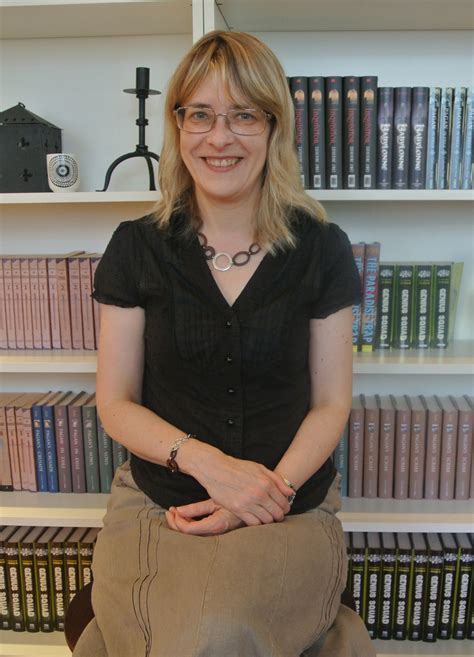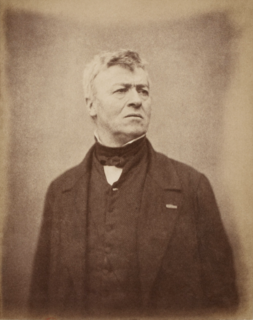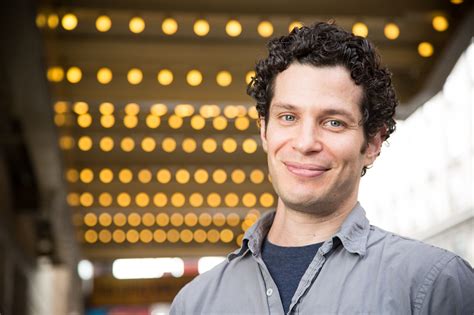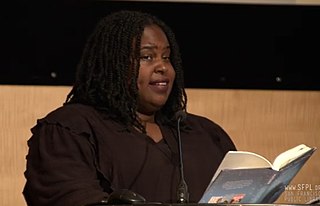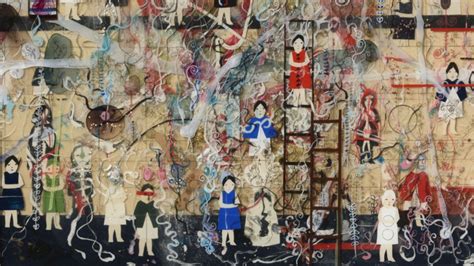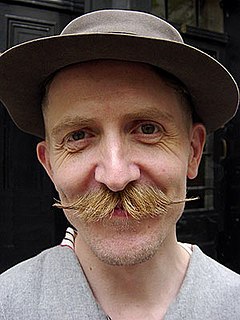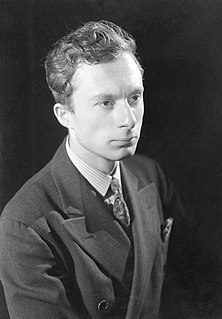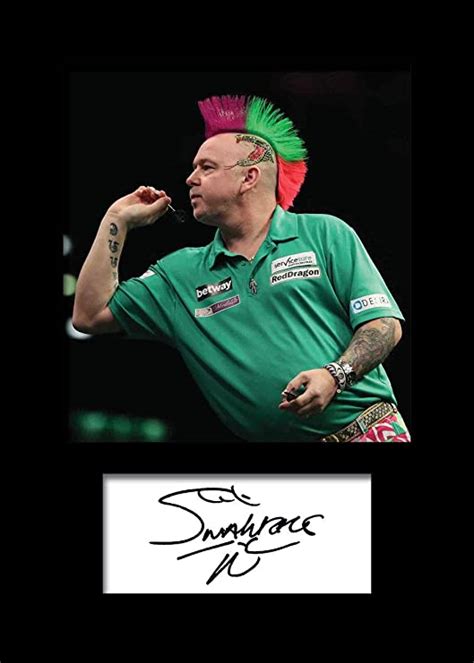A Quote by Gail Carson Levine
I wrote as a kid, but I never wanted to be a writer, particularly. I had been drawing and painting for years and loved that.
Related Quotes
I wrote as a kid, but I never wanted to be a writer particularly. I had been drawing and painting for years and loved that. And I meditate, and one time when I was meditating, I started thinking, "Gee Gail, you love stories -- you read all the time. How come you never tell yourself a story?" While I should have been saying my mantra to myself, I started telling myself a story. It turned out to be an art appreciation book for kids with reproductions of famous artworks and pencil drawings that I did. I tried to get it published and was rejected wholesale.
I am trying to represent design through drawing. I have always drawn things to a high degree of detail. That is not an ideological position I hold on drawing but is rather an expression of my desire to design and by extension to build. This has often been mistaken as a fetish I have for drawing: of drawing for drawing’s sake, for the love of drawing. Never. Never. Yes, I love making a beautiful, well-crafted drawing, but I love it only because of the amount of information a precise drawing provides

